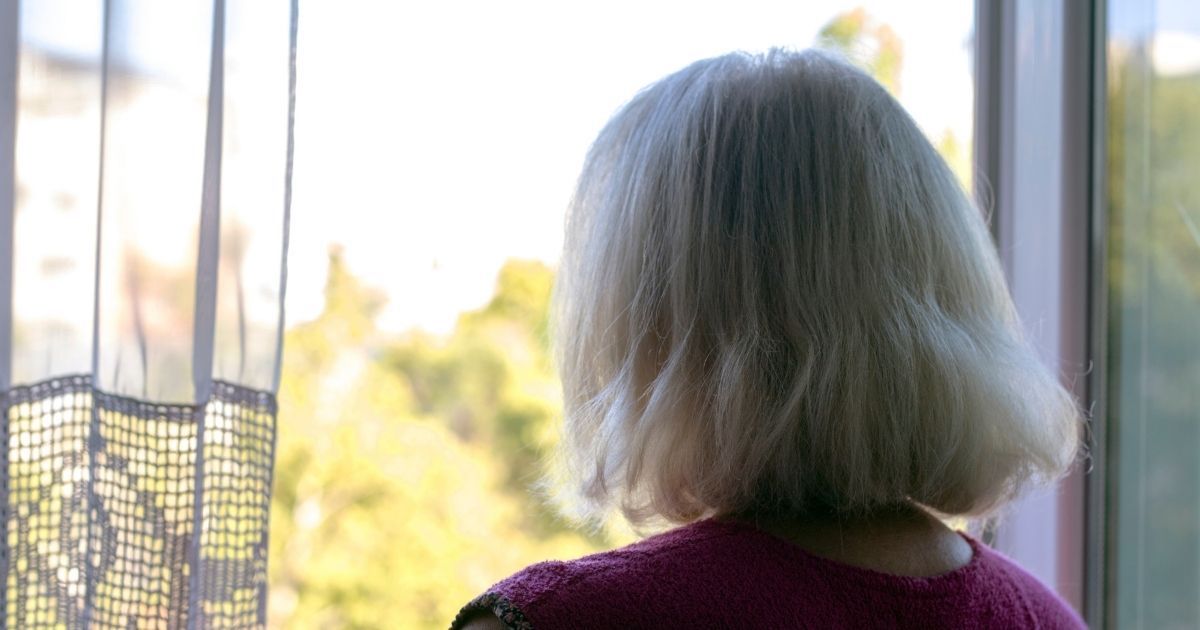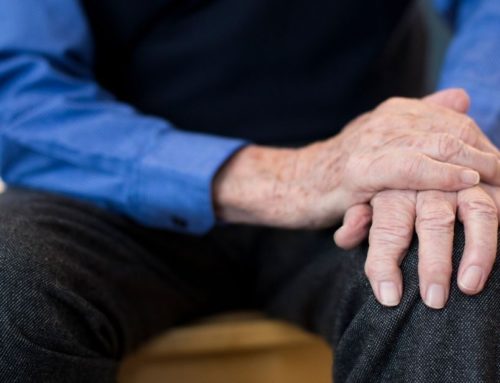Although most seniors get depressed from time to time, depression is not a normal part of the aging process. Depression in the elderly can be triggered by different events, like losing a spouse, being forced to move, or coping with a serious illness. Oftentimes the depression that a senior goes through is only temporary, but in other cases, their depressed mood can linger for months or even years.
As a concerned party knowing how to detect the signs of depression can be a difference-maker for your senior’s continued health and wellbeing.
Causes/Risk Factors for Depression in Seniors
Geriatric depression can be triggered by one or more of these factors:
- Brain chemistry. Aging induces brain chemical changes that can cause depression.
- Genetics. Individuals with a family history of depression may be at higher risk.
- Personal history. Older adults who dealt with depression when they were younger are more likely to develop depression later in life.
- Stress. The loss of a loved one, elder abuse, or another stressful event can trigger depression.
- Chronic diseases. Chronic diseases like heart disease, diabetes, cancer, or Alzheimer’s that co-occur with depression can worsen it, or vice versa.
Health Problems Caused by Late-Life Depression
In general, depression affects seniors differently than it does younger people. For example, older adults that are depressed are more likely to develop heart disease or die from an illness than seniors who aren’t depressed. Seniors with vascular depression are at higher risk for experiencing a stroke, heart attack, or other vascular problems.
Elderly patients who are depressed don’t rehabilitate as well, nor recover as quickly from illnesses or surgery, when compared to older adults who aren’t depressed. For all these reasons it’s important to have your loved one evaluated by a medical professional. This is important even when you think that their depression is mild or temporary.
Geriatric Depression is Sometimes Misdiagnosed
Sadly, geriatric depression sometimes gets misdiagnosed because the symptoms are mistaken for a senior’s natural reaction to an illness or other major life event. Certain medical conditions and medications can mimic the symptoms of depression. Many older adults with depression also don’t share how they feel or seek help for reasons like pride, denial, or dementia.
Signs of Depression in Seniors
Fortunately, most older adults are not depressed. In general, less than five percent of all aging in place seniors suffer from clinical depression. However, those depression figures rise to over 13% for seniors who require home healthcare to remain independent.
These are some warning signs of depression in the elderly:
- Feelings of sadness or anxiety that persist for weeks
- Decreased energy levels and fatigue
- Overeating or loss of appetite
- Feelings of hopelessness and/or pessimism
- Loss of interest in activities/hobbies once enjoyed
- Trouble sleeping or sleeping too much
- Irritability and restlessness
- Difficulty concentrating, remembering details, and making decisions
- Persistent aches and pains, headaches, cramps, or digestive problems
- Suicidal thoughts or tendencies
Treatments for Seniors With Depression
If you suspect that your loved one is depressed the first step is getting them evaluated by a doctor who can determine if the depression is being caused by a medical condition or if it’s psychological.
If the depression is psychological the most common forms of treatment are medication and psychotherapy:
Medications
Antidepressants are commonly prescribed medications that work by improving the way that the brain uses certain chemicals that control stress or mood. Although most antidepressants are relatively safe when taken as prescribed, they should only be used under the direction of a doctor.
Psychotherapy
Psychotherapy, or “talk therapy”, might also benefit someone with depression. The different types of psychotherapy include cognitive-behavioral therapy, interpersonal therapy, and problem-solving therapy.
We Love Helping Independent Seniors Stay Positive
Helping an elderly loved one stay positive can be hard when you’re busy or live far away. When you need a hand, contact us. As a fully licensed home care agency our well-trained caregivers love keeping independent seniors active, positive, and engaged so they can continue aging comfortably in place right where they want to be. In addition to companionship care, our dedicated professionals can deliver reliable in-home services like homemaking, personal care, meals, medication reminders, and transportation.
For your added convenience and peace of mind, all our home care services can be individually personalized into an affordable package when and where you need them! To learn more, or to schedule a FREE in-home consultation for a senior in our service area now, please visit us online or give us a call.






